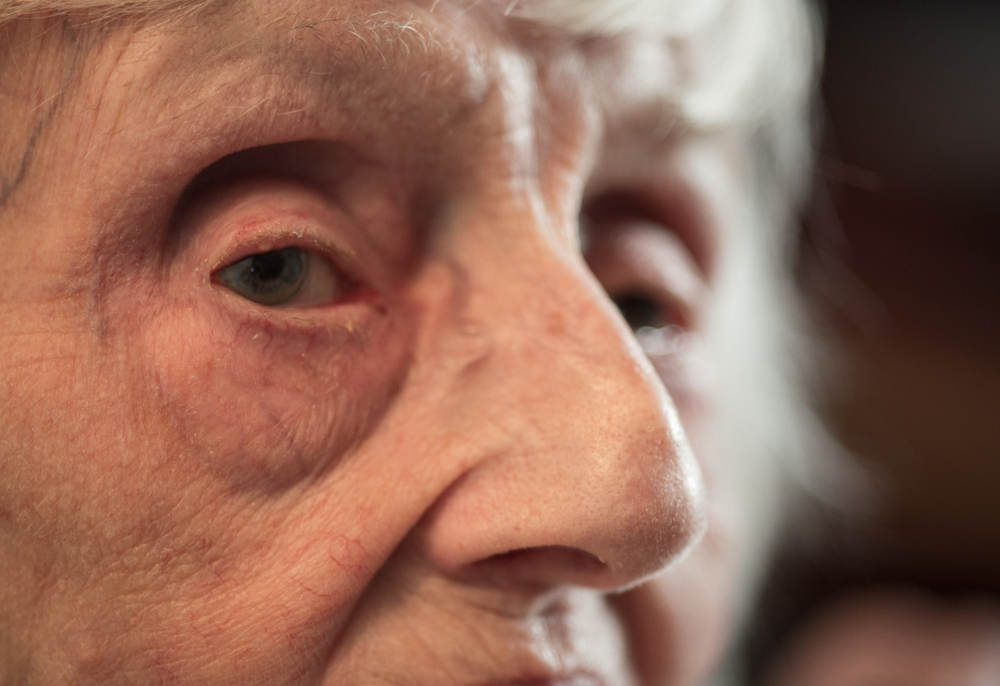
October 8, 2025
Age-Related Macular Degeneration (AMD) is one of the leading causes of vision loss among adults over 50. It affects the macula - the small central portion of the retina responsible for sharp, detailed vision. Over time, AMD can make tasks like reading, recognizing faces, or driving more difficult.
The Hidden Dangers of AMD
The danger of AMD lies in its subtlety. Early stages may not present noticeable vision changes, but damage is already occurring within the retina. As the condition advances, central vision begins to blur or distort while peripheral vision remains unaffected.
There are two main types of AMD:
• Dry AMD: The more common form, caused by thinning of the macula and buildup of tiny deposits called drusen.
• Wet AMD: A less common but more severe form, where abnormal blood vessels grow under the retina and leak fluid or blood, causing rapid vision loss.
Early Signs and Symptoms to Watch For
If you notice any of the following symptoms, it’s essential to schedule an eye exam promptly:
• Blurry or fuzzy vision - Straight lines or text may appear out of focus.
• Difficulty seeing in low light - You may need brighter light for reading or other close work.
• Distorted vision - Straight edges appear wavy or bent.
• Dark or empty areas in central vision - A blind spot may form in the center of your sight.
• Colors appear faded or less vibrant - Color contrast becomes less distinct.
• Trouble recognizing faces - Fine visual details become harder to discern.
• A need for increased magnification - Relying more on magnifiers or enlarging text to see clearly.
Even subtle changes in vision should not be ignored. Early detection through comprehensive eye exams allows for timely intervention that can slow or prevent severe vision loss.
Treatment Options for AMD
While there is no cure for AMD, several treatments can help manage the disease and preserve vision:
• Nutritional therapy: Vitamins C and E, zinc, copper, lutein, and zeaxanthin (as recommended in the AREDS2 study) may help slow progression in certain cases.
• Anti-VEGF injections: For wet AMD, these medications block abnormal blood vessel growth and leakage under the retina.
• Laser therapy: In specific cases, lasers may be used to seal leaking blood vessels.
• Low-vision aids: Magnifiers, special glasses, and adaptive technology can help maximize remaining vision.
Regular monitoring is essential, as early treatment significantly improves outcomes - particularly for wet AMD.
Protecting Your Vision at Northwest Eye Center
Early detection and proactive care are key to maintaining clear, healthy vision as you age. Our experienced eye care team uses advanced diagnostic technology to detect AMD in its earliest stages and develop personalized treatment plans to help preserve your sight.
Schedule a comprehensive eye exam at Northwest Eye Center to ensure early detection and personalized care for AMD. Visit our office in Barrington or Crystal Lake, Illinois. Please call (847) 382-3640 or (815) 455-4222 to book an appointment today.








